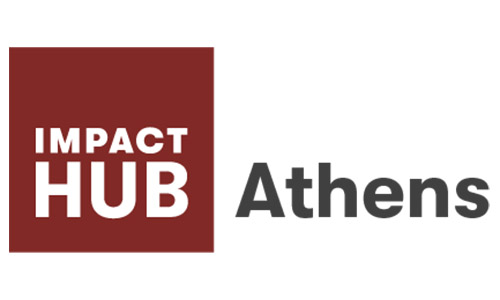Born in Afghanistan, Arash Hemati studied Informatics and Telematics at Harokopio University, in Athens, Greece where he is currently completing his master’s degree in Advanced Information Systems in Business. He has served as an interpreter and has assisted in several day-to-day operations carried out by different international humanitarian organisations that that work with refugees in Greece. Apart from being a radio producer and a very active member of the Afghan community in Greece, along with his team (NativeNet/RefuGR) he won the first prize during Hack The Camp, by presenting a smart mobile application that brings together all services available for refugees in Arabic, Farsi, and English. The app also includes basic Greek lessons and enables refugees to show off their skills and get in touch with NGOs and other potential employers. Arash is also developing a web portal (www.studyingreece.edu.gr) for foreign students interested in studying in Greece in conjunction with Harokopio University and the Greek Ministry of Education.
Please give us some details about the NGO you and your team have founded in Greece.
Studyingreece was founded in 2015 and it is a portal that offers information to foreigners who want to study in Greece. Right now, we work a lot with refugees -who are based here in Greece- trying to give them all the useful information and facilitate them in their efforts to register in Greek schools and universities and further pursue their education. We are very honoured and happy to see our portal featured on the main page of the websites of the Greek Ministry of Education and the Greek Ministry of Foreign Affairs.

Arash Hemati, Founder of Studyingreece portal and RefuGr mobile application
How do you think NGOs and humanitarian workers can benefit from technology and perhaps make their work easier and more effective on a day-to-day basis and also on the long-term?
It is very important to be able to use technology in our work. It can help us access information fast and also help communication, both among our team as well as with other NGOs. We use databases to save all information that we handle for our clients. From my experience working at camps, often no interpreters are available and technology (i.d. translation tools) can helps us establish a better contact and communication with the refugees there.
Which are the greatest challenges NGOs that work especially with refugees face today, in terms of technology?
First of all, the budget for software licenses is always a problem -for example for purchasing Office and MS project etc. Another issue is the lack of tech education, as well as the lack to of a proper network that will allow the “connectivity” among different NGO offices. I think that both NGO workers and refugees could really benefit from some seminars and also tech support, that can help them with their day-to-day operations.
Do you think technology can help in the integration of refugees and migrants, and in what ways?
Definitely yes. Right now over 70% of refugees in Greece use smartphones. Technology -in the form of mobile apps especially- can be very useful to refugees and migrants in order to help them find jobs quickly and integrate within the Greek society. It can also provide them with the resources to the learn the Greek language fast through access to online courses and tools. It can also provide them with all the information and guidelines they need in to order to apply for asylum and take care of other legal matters. If we can teach them to how use computer it will be very useful for refugees.




